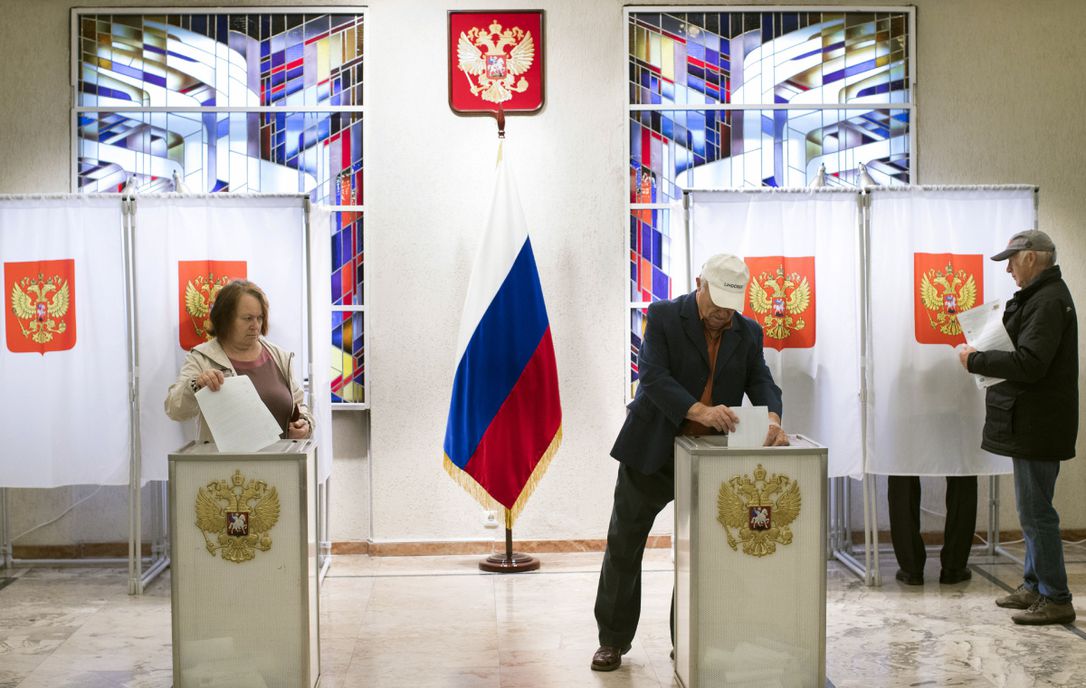Kara-Murza v. Russia, No. 2513/14, ECtHR (Third Section), 4 October 2022

The European Court of Human Rights (ECtHR) in the case of Kara-Murza v. Russia of 4 October 2022 ruled on the legitimacy of the limits to the exercise of the right to vote according to Article 3, Protocol No. 1 to the European Convention for the Protection of Human Rights and Fundamental Freedoms (ECHR).
In the present case, the applicant, Mr. Kara-Murza, was chosen as a candidate for the Republican Party of Russia to the Yaroslavl Regional Duma in view of the 2013 local elections. Having formally accepted the nomination, the candidate proceeded to register with the Regional Election Commission. However, the Yaroslavl Regional Prosecutor's Office challenged the validity of the registration on the grounds that the candidate had both British and Russian citizenship. Therefore, Mr. Kara-Murza appealed to the local regional court, which found - as argued by the regional public prosecutor's office - that the Electoral Commission had unlawfully registered the applicant's candidature in violation of the Electoral Law, which establishes the loss of passive suffrage rights for those persons holding dual citizenship. The matter reached the ECtHR, having Mr. Kara-Murza’s subsequent appeal to the Supreme Court of the Russian Federation been rejected
The judges of the Third Chamber of the ECtHR - recalling their ruling in the Tănase case – stated that the possession of more than one nationality should not be a ground for restricting the exercise of the suffrage right. Nevertheless, according to the Court, different practices may be justified in the presence of historical or political considerations making a more restrictive approach necessary. In the present case, the ECtHR observed that the Government had not advanced any historical or political considerations that could justify the supposed necessity of the contested measure. Moreover, the Government had formulated the restriction in absolute terms, without any reference to possible exceptions or derogating circumstances. The judges also noted that the prohibition affected a considerable part of the Russian electorate since it applied to all voters with dual nationality but also to those holding a residence permit issued by the foreign country of residence. For these reasons, the Court emphasised the need to 'individualise' the restriction on electoral rights, considering only the actual conduct of individuals, by concretely assessing the existence of a threat to the loyalty of elected officials and to the constitutional order, sovereignty, and the State’s independence.
In conclusion, the ECtHR considered that the cancellation of the applicant's registration for local elections - resulting from the application of Article 4 of the Electoral Law (as amended by Law No. 128-FZ) - was disproportionate to the aims pursued by the Russian legislature. Therefore, the Russian government was found to breach Article 3 of Protocol No. 1 to the ECHR.
(Comment by Edin Skrrebo)

